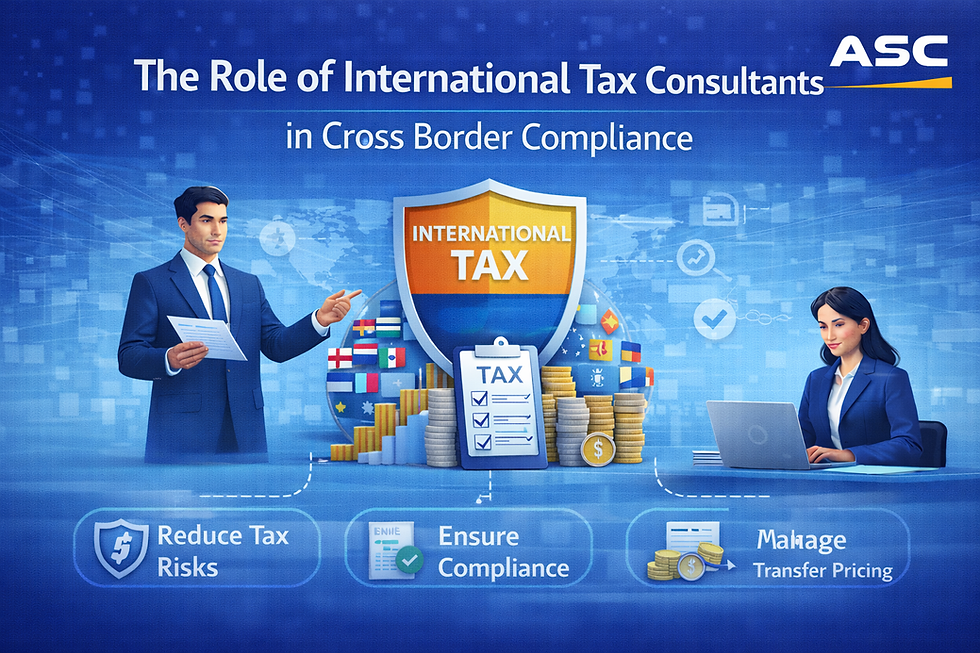BIS CRS Registration: A Comprehensive Guide
- ASC Group
- Jan 3, 2025
- 2 min read
In India, the Bureau of Indian Standards (BIS) plays a crucial role in regulating the quality and safety of products through various certification schemes. Among these, the BIS CRS Registration is essential for manufacturers who want to sell electronic and IT products in the Indian market. This blog will provide an in-depth understanding of the BIS Certificate, BIS Registration, and BIS Certification process under the Compulsory Registration Scheme (CRS).
What is BIS CRS Registration?
The BIS CRS (Compulsory Registration Scheme) was introduced to ensure that electronic and IT products meet the specified safety standards before entering the Indian market. Under this scheme, manufacturers must obtain a BIS Certificate, which signifies compliance with the relevant Indian standards.
Importance of BIS Certification
Legal Compliance: BIS Certification is mandatory for certain product categories under the CRS.
Consumer Trust: It assures consumers of the product’s quality and safety.
Market Access: Without BIS Registration, manufacturers cannot legally sell their products in India.
Global Recognition: A BIS Certificate enhances the credibility of manufacturers in the global market.
Products Covered Under BIS CRS
The BIS CRS Registration is applicable to over 75 products, including:
Electronic and IT products like LED lights, mobile phones, and laptops.
Household appliances such as electric irons and microwave ovens.
Other electronic components like power adapters and batteries.
Manufacturers must verify whether their products fall under the mandatory certification list before applying for BIS Registration.
Steps for BIS CRS Registration
Here’s a step-by-step guide to obtaining BIS Certification under the CRS:
Product Testing:
The product must be tested in a BIS-recognized laboratory.
Testing ensures compliance with the relevant Indian standards.
Documentation:
Submit essential documents, including a factory’s quality management system details and product specifications.
Application Submission:
File the application for BIS Registration through the BIS online portal.
BIS Review:
The BIS evaluates the application and testing reports. If satisfactory, a BIS Certificate is issued.
Grant of BIS Certification:
Once approved, the manufacturer receives the BIS Certificate, allowing them to mark their products with the BIS Standard Mark.
Validity and Renewal of BIS Certificate
The BIS Certificate issued under the CRS is valid for two years. Manufacturers must apply for renewal before the expiry date to continue selling their products in India. The renewal process involves submitting updated documents and fees.
Why Choose ASC Group for BIS CRS Registration?
Navigating the BIS Registration process can be complex and time-consuming. ASC Group offers professional assistance to simplify this process. Our services include:
Expert guidance on product testing and compliance.
Preparation and submission of accurate documentation.
Liaison with BIS authorities to ensure timely certification.
Contact ASC Group at +91-9999043311 for seamless BIS Certification and Registration services.
Conclusion
BIS CRS Registration is not just a regulatory requirement but a testament to a product’s quality and safety. With the right guidance, manufacturers can navigate the process efficiently and gain a competitive edge in the Indian market. By obtaining a BIS Certificate, businesses can ensure legal compliance, build consumer trust, and expand their market presence.



Comments